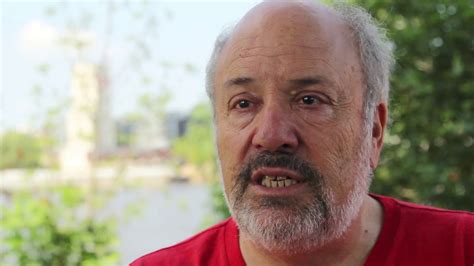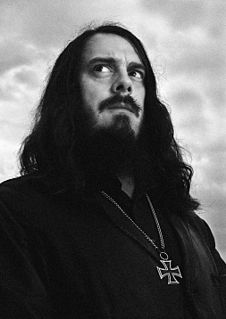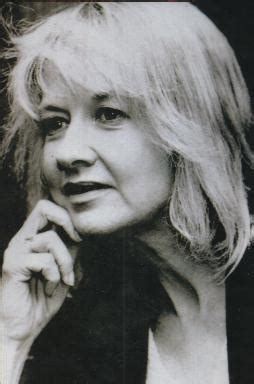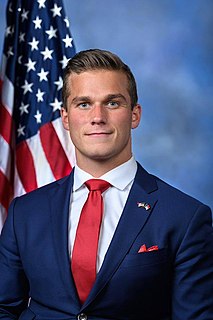A Quote by Peter Rachleff
I study history because I am interested in the future.
Quote Topics
Related Quotes
I have to throw in on a personal note that I didn't like history when I was in high school. I didn't study history when I was in college, none at all, and only started to do graduate study when my children were going to graduate school. What first intrigued me was this desire to understand my family and put it in the context of American history. That makes history so appealing and so central to what I am trying to do.
I have a philosophy that white people would be interested in Native Americans because, first of all, it's probably the only group as a country we all study and know the history and then never study again past the age of 10. So I think we have these things we believe are true, that are just not true about what an audience wants.
Jonathan Meese is not interested in the history of reality. Everything radical and precisely graphic is sustainable. Human ideologies like religions and politics are based on the past and therefore irrelevant to art. Art always transforms radicalism of the past into the future. Art is always the total time machine. Jonathan Meese is interested in the history of the future. Art is never nostalgic.
What would be the nicest thing I could say about Newt Gingrich? He may be one of the great supporters of the humanities, because you have people who don't want to study the social sciences, because it's not profitable, and now Newt, as the highest-paid historian in American history, may be an encouragement to people to study history.
I am not a historian, but I find myself being more and more fascinated by history and now I find myself reading more and more about history. I am very interested in Napoleon, at the present: I'm very interested in battles, in wars, in Gallipoli, the First World War and so on, and I think that as I age I am becoming more and more historical. I certainly wasn't at all in my early twenties.

































